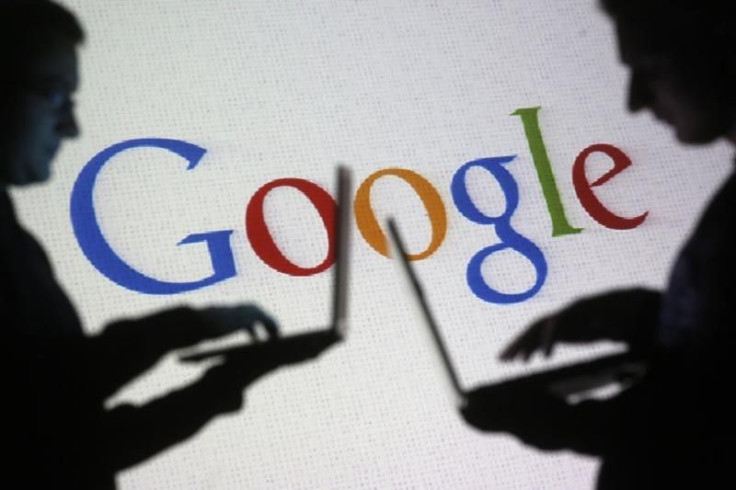One Year After 'Right To Be Forgotten,' Google Under Pressure To End 'Secretive' Removal Process

One year after being forced by Europe to remove results from its search engine that are "inaccurate, inadequate, irrelevant or excessive" as part of the so-called "right to be forgotten" rule, Google is under renewed pressure to be more transparent about the process after receiving a critical letter signed by 80 academics who demand more insight from the tech giant.
"Google and other search engines have been enlisted to make decisions about the proper balance between personal privacy and access to information," reads the letter, which was signed by professors in both Europe and the U.S. "The vast majority of these decisions face no public scrutiny, though they shape public discourse. What’s more, the values at work in this process will/should inform information policy around the world. A fact-free debate about the RTBF is in no one’s interest."
The right to be forgotten was created last year after Google was taken to court by a Spanish citizen who wanted a negative newspaper article about himself removed. The case resulted in Google and other search engines being forced by the European Court of Justice to handle requests from users who want content about themselves taken down.
Since then, Google has said that it has received more than 253,000 requests to remove more than 920,000 links and has approved a little more than 40 percent, but beyond those statistics, the Mountain View, California, company has offered little information about how it handles each request.
"The public deserves to know how the governing jurisprudence is developing. We hope that Google, and all search engines subject to the ruling, will open up," the academics wrote.
Google, which has been very vocal about its dislike of the right to be forgotten, has responded to the letter by thanking the academics for their criticism. "It’s helpful to have feedback like this so we know what information the public would find useful," Google said, according to The Telegraph.
© Copyright IBTimes 2025. All rights reserved.





















